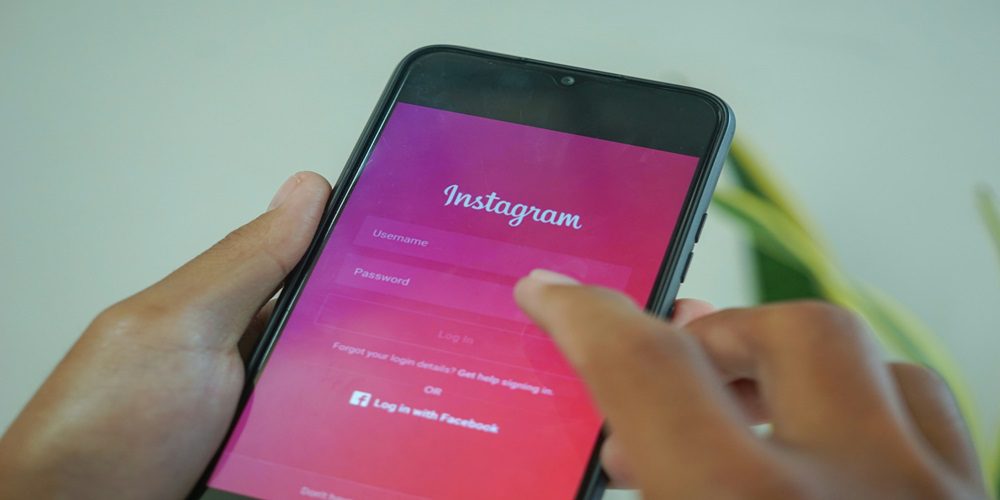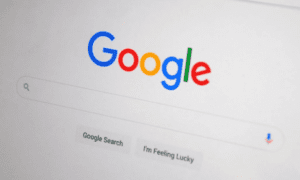In a world where our lives are increasingly intertwined with the digital realm, social media authentication has become an essential tool for ensuring security and privacy online. But what exactly is social media authentication, and why is it so important? Join us as we unravel the mystery behind this crucial aspect of modern technology and discover how it impacts your daily interactions on social media platforms.
Introduction
Social media has become an integral part of our daily lives, with billions of people using various platforms to connect, share, and engage with others. From Facebook and Twitter to Instagram and LinkedIn, these social media platforms have changed the way we communicate and interact with each other. However, with the increasing use of social media comes the need for security measures to protect user data and prevent unauthorized access.
This is where social media authentication plays a crucial role. Simply put, it is the process by which a user’s identity is verified before granting them access to their account on a particular social media platform. This verification process ensures that only authorized users are able to log into their accounts and access personal information.
What is social media authentication?
Social media authentication is a process that allows users to verify their identity and gain access to various social media platforms and applications. It serves as an additional layer of security in the digital world, ensuring that only authorized individuals can access personal information and accounts.
The concept of social media authentication may seem complex at first, but it can be broken down into two main components: identification and verification. Identification involves providing personal information such as a username, email address, or phone number to prove one’s identity. Verification, on the other hand, is the process of confirming the authenticity of this information through various means.
There are several methods of social media authentication, each with its own pros and cons. The most common method is through traditional username-password combinations. While this method is convenient for users, it also poses a significant risk, as a single compromised password could grant unauthorized access to all linked accounts.
Another popular method is using biometric authentication, which relies on unique physical characteristics like fingerprints or facial recognition. This type of authentication adds an extra layer of security, as these features cannot be easily duplicated or stolen.
Why is social media authentication important?
Social media authentication has become an essential aspect of online security and identity verification. With the increasing popularity and widespread use of social media platforms, it is important to understand why this form of authentication is crucial in today’s digital world.
Firstly, social media authentication helps to verify the identity of users on various online platforms. It allows websites and applications to confirm that the person accessing their services or content is who they claim to be. This is especially important for businesses and organizations that want to ensure their customers’ safety and protect sensitive information from potential fraudsters.
Moreover, social media authentication adds an extra layer of security against hacking and identity theft. By linking a user’s social media account with a specific platform, it becomes more challenging for hackers to gain access to personal information or data. This is because most social media accounts have strong security measures in place, such as two-factor authentication, making it difficult for unauthorized individuals to log in.
Another crucial aspect of why social media authentication is important lies in its ability to build trust between users and online platforms. When users see that a website or application offers the option to authenticate using their trusted social media account, they are more likely to feel secure about sharing their personal information or engaging with the platform’s features.
Additionally, social media authentication can help prevent fake accounts on online platforms. With the rise of fake news and misinformation spreading through various forms of digital communication, having a verified user base helps maintain authenticity and credibility on these platforms.
Types of Social Media Authentication
Social media authentication is a critical aspect of our online presence and security. It serves as a way to verify the identity of users and protect their personal information from potential hackers or unauthorized access. Different social media platforms have different methods of authentication, each with its own benefits and limitations. In this section, we will explore the various types of social media authentication.
1) Password-based authentication:
This is the most common type of authentication used by almost all social media platforms. Users are required to create a unique password during the account registration process, which they must enter every time they log in. This method relies on the assumption that only the authorized user knows the correct password, making it a relatively secure option.
2) Two-Factor Authentication (2FA):
This method adds an extra layer of security by requiring users to enter a one-time code sent to their registered mobile number or email address after entering their password. This ensures that even if someone manages to obtain the user’s password, they still won’t be able to access their account without having access to their phone or email.
3) Biometric Authentication:
With advancements in technology, some social media platforms have started using biometric data, such as fingerprints or facial recognition, for authentication. This method provides additional security as biometric data cannot be easily replicated compared to traditional passwords.
4) OAuth Authentication:
OAuth (Open Authorization) is an open standard protocol that allows users to grant third-party applications limited access to their accounts without revealing their login credentials. This means users can use apps like Spotify or Pinterest without sharing their username and password with these services directly.
5) QR Code Authentication:
Some social media platforms allow users to scan a QR code displayed on another device, such as a computer screen, instead of entering login credentials manually. This allows for quick and easy sign-in while also providing added security against phishing attacks.
6) Single Sign-On (SSO):
Single sign-on is a form of authentication that allows users to access multiple social media accounts using a single set of login credentials. This method saves users the hassle of remembering multiple passwords and also reduces the risk of forgotten or weak passwords.
How does social media authentication work?
Social media authentication is the process of verifying a user’s identity on social media platforms. It ensures that the person accessing an account or using certain features is the legitimate owner of that account. With the rise of social media and its integration into our daily lives, authentication has become an important aspect of maintaining security and privacy online.
The most common type of social media authentication is through login credentials, such as usernames and passwords. When a user creates an account on a social media platform, they are required to choose a unique username and password combination. This serves as their digital identity, allowing them to access their account whenever they want.
However, with the increasing number of cyberattacks and hacking attempts, simply having a strong password may not be enough to protect one’s account. This is where additional layers of authentication come into play.
Benefits of Using Social Media Authentication for Businesses and Users
Social media authentication is the process of verifying a user’s identity through their social media accounts, such as Facebook, Twitter, or Google. This method has gained popularity in recent years as an alternative to traditional login processes. But what are the benefits of using social media authentication for businesses and users? Let’s dive deeper into this topic.
1. Simplified Login Process
One of the main benefits of social media authentication is its ease of use for both businesses and users. For businesses, it eliminates the need to create and manage separate login credentials for their website or application. This saves time and resources that can be allocated to other important tasks.
For users, it means they don’t have to remember multiple usernames and passwords for different websites or applications. They can simply use their existing social media account to log in quickly without any hassle.
2. Increased Security
Social media authentication also offers increased security compared to traditional login methods. It reduces the risk of password theft or hacking, as users no longer have to create new passwords for each website they visit. Additionally, most social media platforms have advanced security measures in place, making it difficult for hackers to gain access.
For businesses, this means they can provide a more secure platform for their customers without having to invest in expensive security measures themselves.
3. Better User Experience
As mentioned earlier, social media authentication makes the login process simpler and faster for users. This leads to an overall better user experience on your website or application. With just a few clicks, users can access your platform without any friction.
This improved user experience can lead to higher engagement rates and customer satisfaction levels. In turn, this can result in increased brand loyalty and positive word-of-mouth marketing.
Common Concerns and Misconceptions about Social Media Authentication
In recent years, the use of social media authentication has become a popular method for users to access various websites and applications. While it offers convenience and ease of access, there are also common concerns and misconceptions surrounding this technology. In this section, we will address these concerns and debunk some of the misconceptions about social media authentication.
One major concern is the security of personal information when using social media authentication. Users may fear that by linking their social media accounts to other websites or apps, they are providing too much personal data to be vulnerable to hackers. However, it is important to note that most reputable websites and applications have strict security measures in place to protect user information. Additionally, social media platforms themselves have advanced security protocols in place to prevent unauthorized access.
Another misconception about social media authentication is that it allows companies or developers to access personal data without consent. This is not true, as social media platforms only provide basic user information such as name, profile picture, and email address for verification purposes. They do not give third parties access to any sensitive information without explicit permission from the user.
There is also a concern that by using social media authentication, users are giving up their privacy and control over their online presence. This can stem from the fact that once a user links their account with a website or app, they may continue receiving targeted ads or personalized content based on their activity on the platform. However, it is essential to understand that users have control over which apps or websites they choose to link with their social media accounts and can revoke access at any time.
Conclusion
Social media authentication is a crucial aspect of online security and privacy. It serves as a way to verify the identity of users on social media platforms, ensuring that only legitimate individuals have access to personal information and accounts.



































